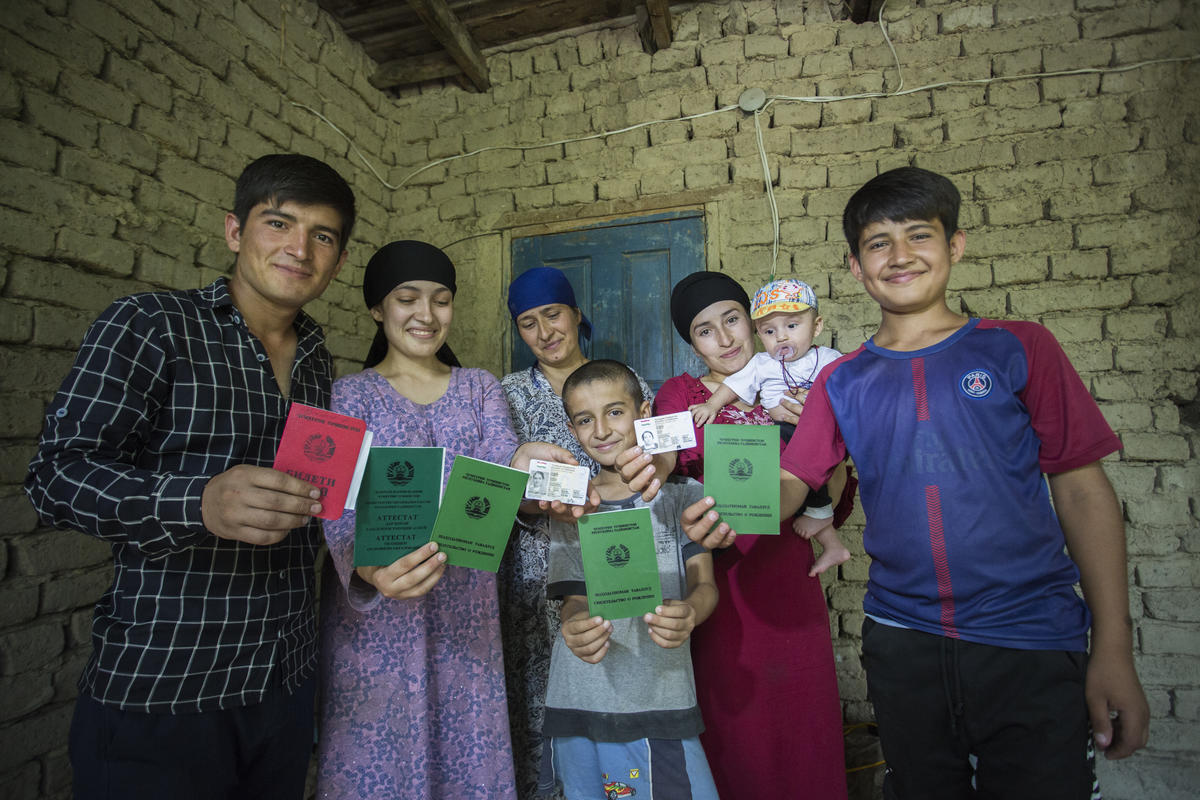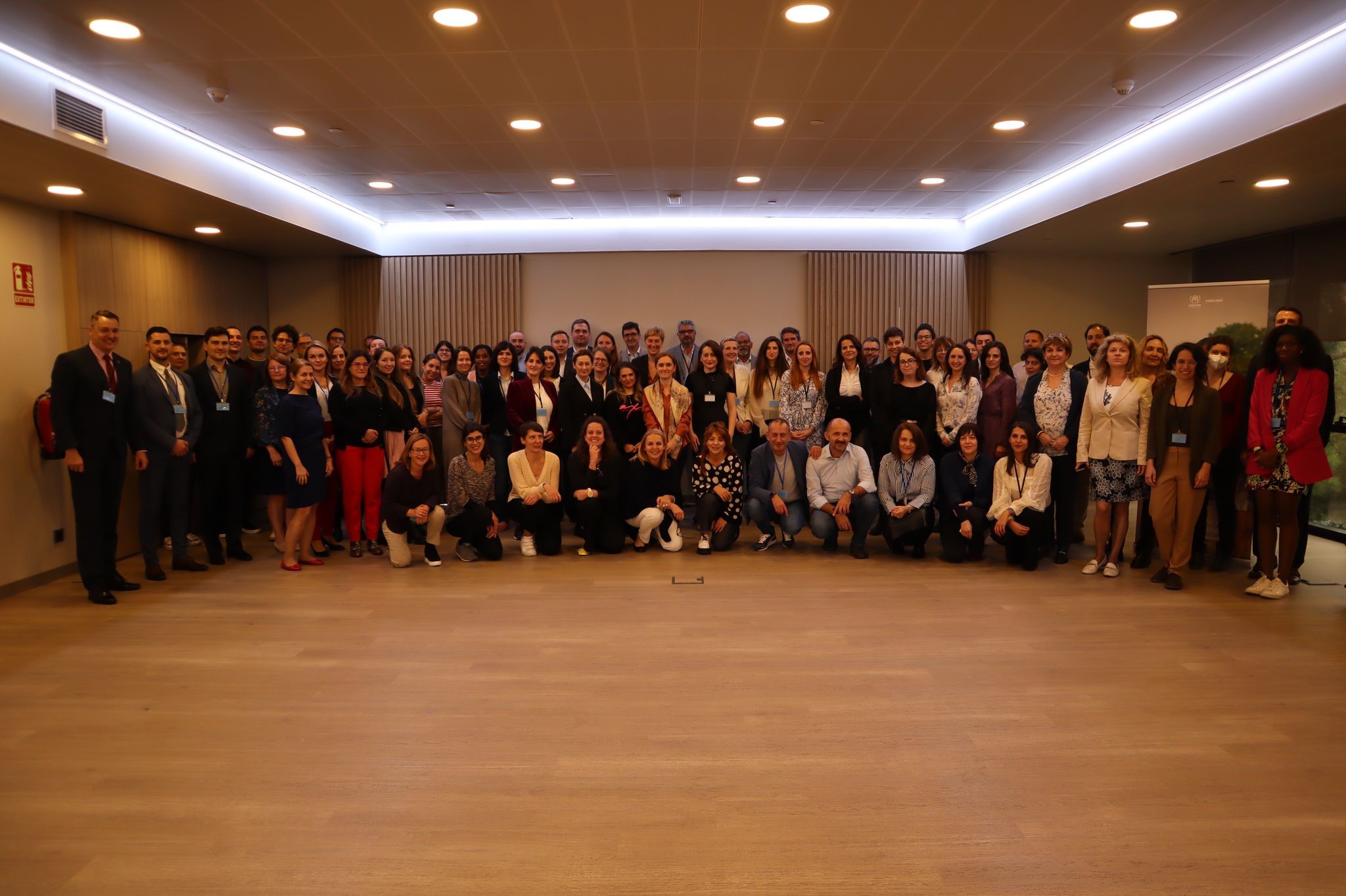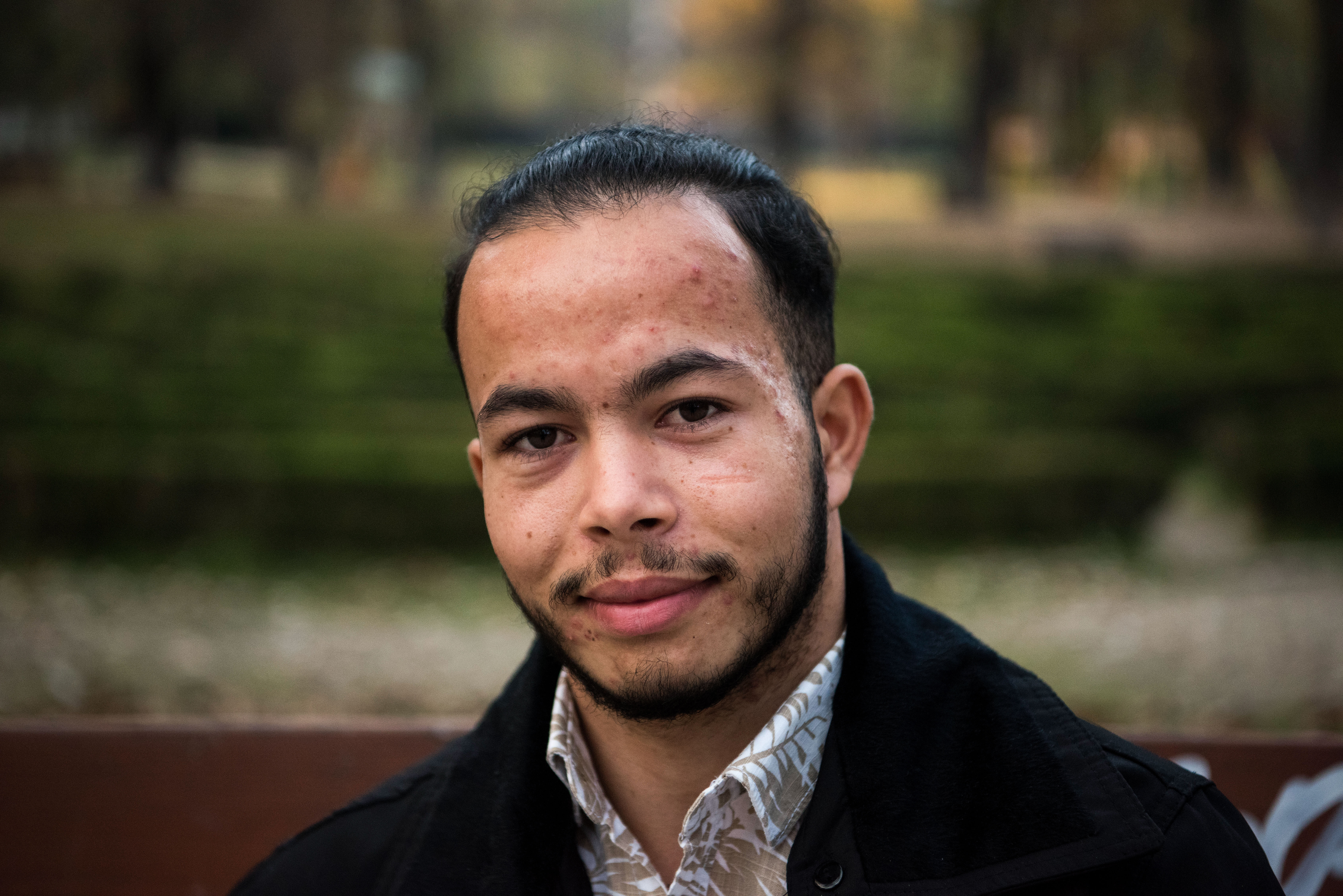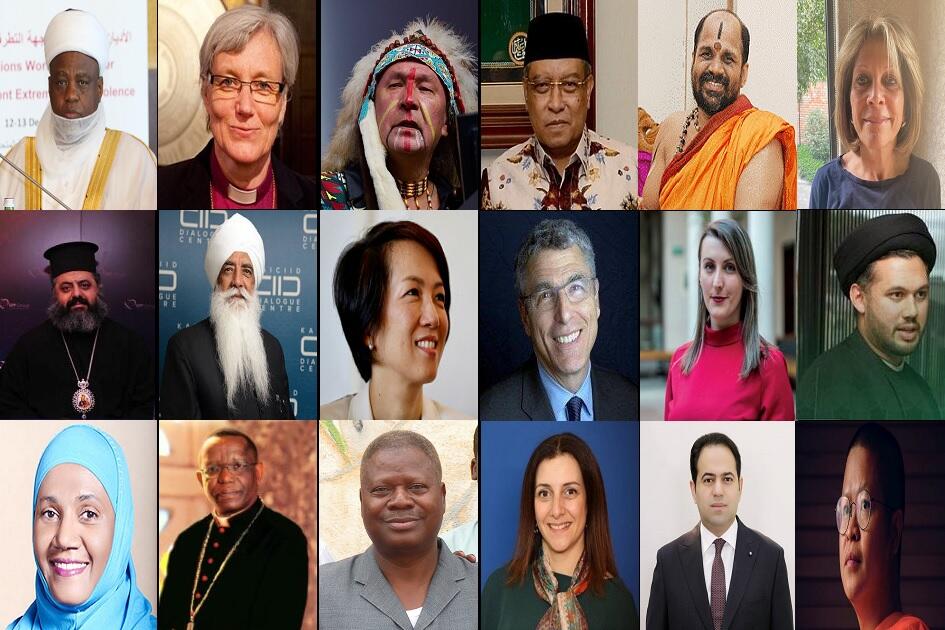Bulgaria, Moldova accede to Statelessness Conventions
Bulgaria, Moldova accede to Statelessness Conventions
Bulgaria and Moldova have become the latest states to accede to the international conventions on statelessness.
The Republic of Moldova formally deposited its instruments of accession to the 1954 Convention relating to the Status of Stateless Persons and the 1961 Convention on the Reduction of Statelessness with the United Nations in New York on 19th April. Bulgaria acceded to the two important treaties a month earlier, on 22nd March.
UNHCR is very pleased by these new accessions to the global treaties to address and resolve statelessness. Achieving an increased number of states parties to the two statelessness conventions is key to making progress.
With the accession of Bulgaria and Moldova 73 states have acceded to the 1954 Convention relating to the Status of Stateless Persons, and 44 are now States parties to the 1961 Convention on the Reduction of Statelessness. This is up from 65 States parties to the 1954 Convention and 37 to the 1961 Convention just a year ago. Thirty two States pledged at UNHCR's ministerial meeting in December to accede to one or both Convention. Moldova and Bulgaria have now acted on their pledges, together with Benin and Georgia which acceded in December.
Broadening the list of signatories to these two treaties is a goal of UNHCR, which is mandated by the UN to prevent statelessness from occurring, to resolve existing cases and to protect the rights of stateless persons.
In Europe, hundreds of thousands of people are affected by statelessness. Worldwide, the number of stateless people is estimated at up to 12 million.
Statelessness can occur for a number of reasons, and its impact on those affected can be dramatic. A person unable to obtain a birth certificate, for example, can have difficulties proving their identities and accessing state and other services - potentially leading to other serious denials of rights.
In Moldova, more than 5,000 persons identified themselves as stateless during the most recent census, which did not cover the breakaway Transnistrian section of the country. So far over 2,000 stateless persons have been formally registered. Almost all are former Soviet citizens. Moldova recently passed a law establishing a statelessness determination procedure with support from the governments of Hungary and France, as well as from UNHCR, so a formal examination of statelessness claims is now taking place.
Bulgaria plans to establish a status determination procedure and intends to also draw on the experience of good practices of other countries. UNHCR will support the authorities by disseminating information on the new procedure in regions where stateless persons reside.








